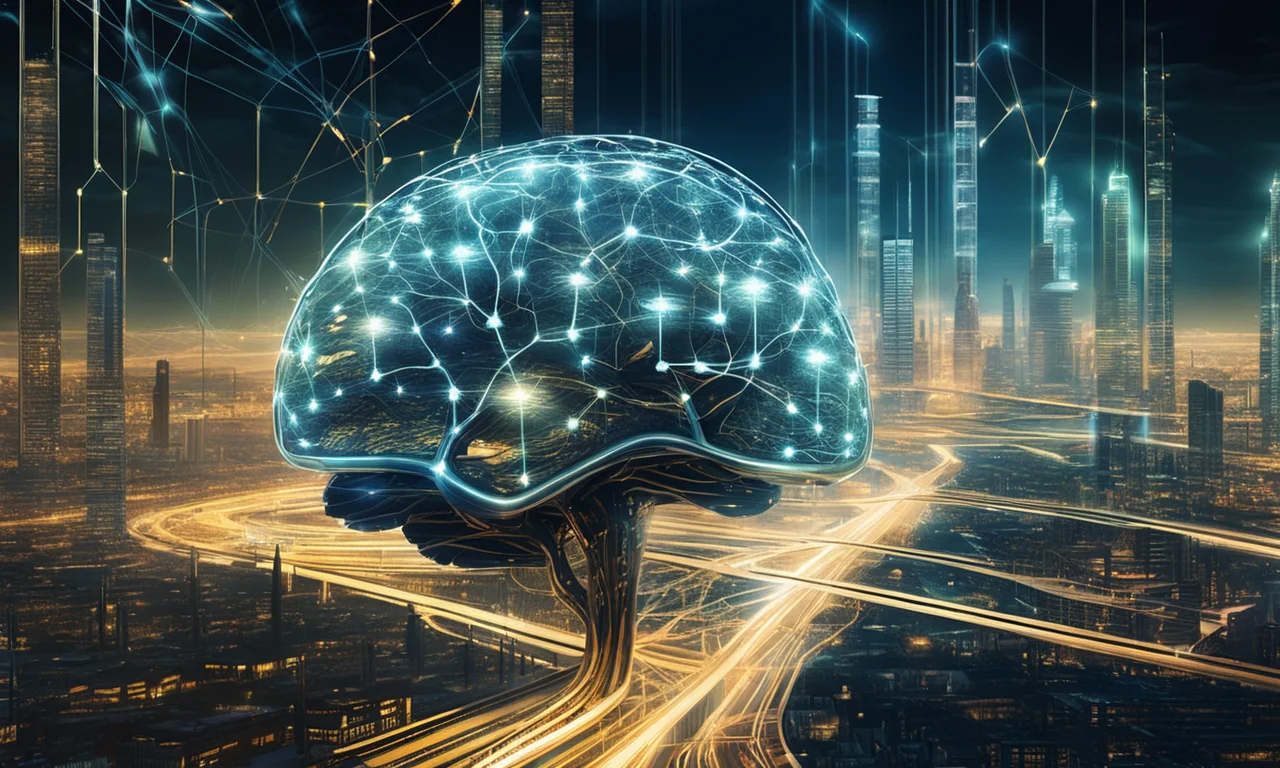
Global AI Infrastructure Investments Reach $3 Trillion by 2028
The surge in AI spending is reshaping technology, education, and creative industries worldwide.
The pace of conversation on Bluesky today underscores a pivotal moment for artificial intelligence: from massive infrastructure investments and education shifts to debates about cognitive impact and the creative frontiers AI is unlocking. Each thread reveals how AI is shaping not only our technologies and economies but also our collective imagination and daily lives. Across the spectrum—from machine learning basics to futuristic science fiction—users are wrestling with both the promise and the challenges of this digital revolution.
AI Investment, Infrastructure, and the Changing Landscape
Major industry players are accelerating the AI arms race, as seen in Meta's reported $600 billion infrastructure buildout and projections of a staggering $3 trillion datacenter spend by 2028. The scale of these investments is making Wall Street nervous, but also highlights the transformative economic impact that AI is having on global technology ecosystems. Microsoft and Amazon's expansions suggest fierce competition not just in software but in the hardware and infrastructure that power AI's future.
"That's the same number Zuck made up"- @jenzi.mastodon.social.ap.brid.gy (0 points)
Against this backdrop, the call for treating AI as civic infrastructure—rather than a private toy—reflects a growing sense of public responsibility and ethical concern. This theme resonates with ongoing discussions about the sustainability and governance of AI, as its influence stretches beyond private enterprise into public life and policy.
Education, Cognitive Impact, and AI Literacy
Bluesky users are actively navigating the changing educational terrain, from beginner-friendly resources like the MCP for Beginners Course and machine learning tutorials to the integration of tools such as Microsoft Copilot for productivity. These posts reflect the democratization of AI literacy, making cutting-edge technology accessible to thousands of learners worldwide and supporting the next generation of data scientists and engineers.
"Join 7,000+ ML enthusiasts and professionals from 135+ countries. Learn AI for FREE with visuals, easy-to-follow insights."- @analyticalrohit.bsky.social (1 point)
Yet, amid the excitement, there is growing concern about how generative AI is changing our brains' relationship with language. Research suggests that overreliance on algorithms may diminish critical thinking and creative abilities, especially among students. This tension between AI's potential and its cognitive risks is sparking essential conversations about how we balance automation with deep, reflective learning in schools and beyond.
Creative Frontiers: AI in Sports, Literature, and Culture
The reach of artificial intelligence extends into culture, sports, and the arts, as seen in the adoption of SportGPT for football analytics and the vibrant ecosystem of AI-driven science fiction writing. These applications highlight not only AI's utility but its role in sparking new forms of creativity and engagement, from predictive modeling to imaginative storytelling.
"Sounds awesome, always on the lookout for fresh sci-fi ideas—love seeing other authors push the limits!"- @andersedwards.bsky.social (0 points)
Even the playful tone of posts like The Analog Revolution is here… 😂😂😂 serves as a reminder that humor and satire remain vital tools for processing rapid change. As AI becomes ever more embedded in daily life, the intersection of technology, creativity, and social commentary will continue to shape our shared digital narrative.
Every community has stories worth telling professionally. - Melvin Hanna